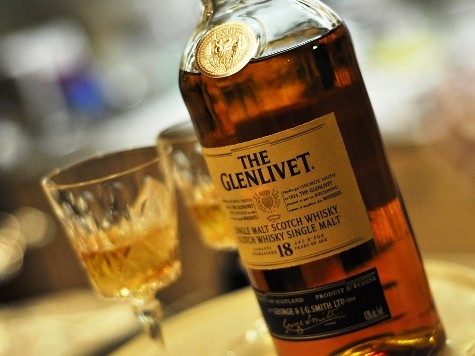Yesterday, the Scottish National Party’s (SNP) desire to introduce minimum unit price (MUP) alcohol in Scotland temporarily failed. The Scottish Whisky Association (SWA) and other European drinks manufacturers have won their appeal at the Court of Session under Lord Ronald Eassie to have their case heard by the European Court of Justice in Strasbourg. They believe that it is illegal under European law. They had previously been defeated by Lord Raymond Doherty in January 2013 who decided that “the measures were not incompatible with EU law.”
MUP is where a minimum price is attributed to a receptacle of alcohol. At 50p this would mean minimum price for a bottle of wine of £5.00, a can of super strength lager, currently on sale at £1.50 typically being priced at £4.00 and a bottle of whisky at £14.00. Bizarrely, a bottle of champagne could be sold for less than a table wine.
France, Italy, Bulgaria, and Spain, who make budget wines, have all lodged objections with the European Union (EU) and look set to be joined by other EU countries in fighting Scotland’s plans.
David Frost, the SWA’s CEO, is delighted and has said that “we are pleased that the Court of Session is referring MUP to the European Union. From the outset we said that we believed MUP was contrary to European Union law and will damage the Scottish Whisky industry in the UK and overseas.”
However, Health Secretary Alex Neil said: “The evidence shows that minimum unit pricing is an effective way to tackle alcohol-related harm. This is because it targets heavy drinkers in particular as they tend to drink the cheap, high-strength alcohol that will be most affected by the policy.”
The SNP, health campaigners, doctors and the police are in favour. They believe increasing the price of alcohol will cut consumption, reduce public order offences, reduced alcoholism and reduce harm.
Critics point to the fact that functioning alcoholics will not reduce their consumption and will reduce expenditure on food and utilities, brew their own alcohol, or resort to theft or aggressive begging. There is no evidence, for example, in the Canadian Province of British Columbia that MUP is effective in cutting its use. Also, it is viewed by some to be a regressive tax on the poor who consume in moderation.
Certainly, David Cameron will not be happy. He said on March 23rd, 2012, “we [need] to get to grips with the problem of super-cheap alcohol that’s fuelling violence on our streets and causing mayhem in our Accident and Emergency Units and damaging the health of the country. And I think this minimum unit pricing is a big part of the answer.”
Also, the Scottish taxpayer may also be unhappy having to pay legal fees to continue the case. As far back as December 2011, the Scottish Law Society warned Nicola Sturgeon, Scotland’s Deputy First Minister, that under Articles 34 and 36 of the Treaty on the Functioning of the European Union they are breaking EU law.
The SNP government banned multi buy purchases, for example selling a bottle of wine for £3.50 but buy 3 for £10, did not lead to any reduction in consumption.
Whatever the effectiveness of MUP, it seems to be a long way off before even Blue Nun Riesling will become a luxury. Whether it will work or legal remains highly contentious.

COMMENTS
Please let us know if you're having issues with commenting.